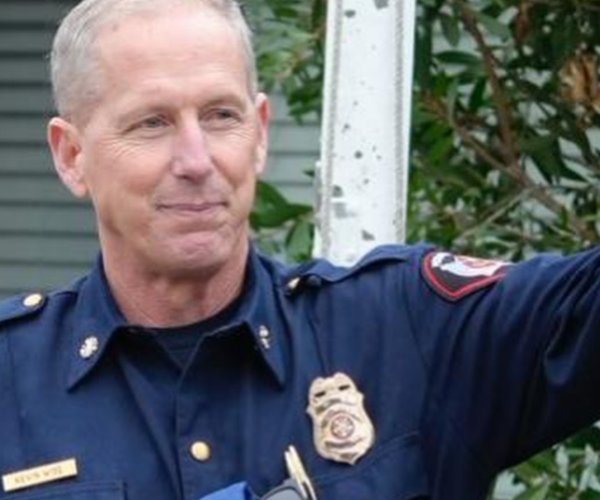The Centers for Disease Control and Prevention has granted the California Department of Public Health more than $3.7 million to help prevent overdoses from opioids.
The grant, which will be dispersed over four years, is intended to help improve safe prescribing of opioid painkillers. California was one of 16 states to receive the CDC grant.
“Prescription opioid misuse can hurt anyone who has access to these medications, as well as their families and loved ones,” said Dr. Karen Smith, director of the CDPH and state health officer. “People often associate drug abuse with illegal drugs, but this effort targets the misuse of drugs that were prescribed for pain management.”
In 2013, more than 16,000 people died from prescription opioid overdoses in the U.S., which is down from the estimated 41,000 deaths attributed to opioid overdoses in 2012. There were 4,318 deaths from drug poisonings in California in 2013. The majority was from prescription medications, with opioids being the mostly frequently prescribed.
In the past, prescription opioids (such as hydrocodone, oxycodone, morphine and codeine) were prescribed for relieving short-term pain. Now, they are increasingly being used for long-term pain management, and as a result, sales of opioid pain relievers quadrupled in the past 10 years. By 2010, enough opioid pain relievers were sold to medicate every American adult (about 240 million people) every four hours for an entire month, according to the CDC.
In November 2014, the California Medical Board revised its guidelines for doctors prescribing opioid painkillers which included other alternatives for pain management and new restrictions on refilling painkiller prescriptions.
In 2014, California formed the Prescription Opioid Misuse and Overdose Prevention Workgroup, bringing together state departments to alert health care providers, pharmacists and the public of this issue. CDPH developed the grant application with support from this workgroup, and will partner with the Department of Justice and the Department of Health Care Services, with assistance by the University of California Davis Medical Center, the California HealthCare Foundation and the San Francisco Department of Public Health.





